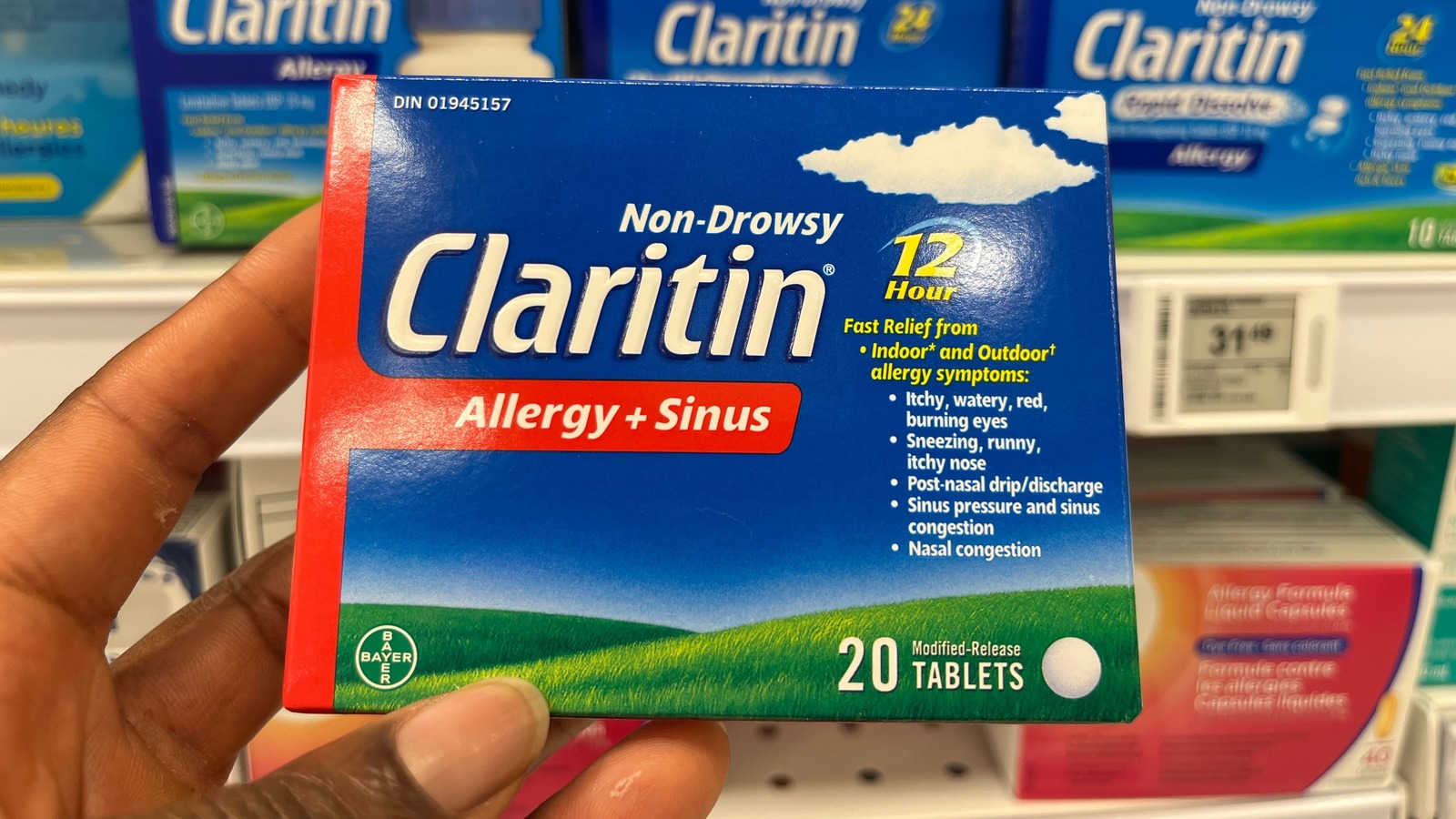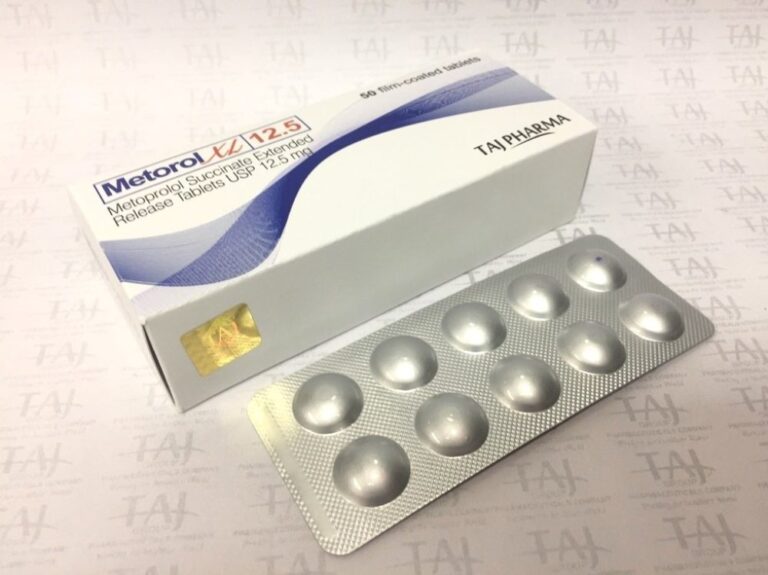When allergy season hits, many of us reach for a trusty bottle of Claritin. This popular antihistamine is known for its ability to relieve sneezing, runny noses, and itchy eyes caused by seasonal allergies. But with any medication comes the question: how much is too much? Understanding the appropriate Claritin dosage can help you enjoy life without those pesky allergy symptoms while staying safe. Let’s explore everything you need to know about using Claritin effectively and responsibly.
What is Claritin?
Claritin is a brand name for the medication loratadine, an antihistamine used primarily to alleviate allergy symptoms. It works by blocking histamine, a substance in the body that causes allergic reactions.
This non-drowsy formula helps ease discomfort from seasonal allergies and can also relieve symptoms of hay fever. People often turn to Claritin when pollen counts soar or when pet dander becomes overwhelming.
It’s available over-the-counter, making it accessible for those seeking quick relief without a prescription. Claritin comes in various forms, including tablets, liquid gels, and dissolvable strips.
One of its significant advantages is that it typically doesn’t cause sedation like some older antihistamines do. This makes it an excellent choice for individuals looking to manage their allergy symptoms while maintaining daily activities.
Recommended Dosage for Adults
For adults, the typical Claritin dosage is 10 mg taken once daily. This antihistamine works effectively for relieving allergy symptoms such as sneezing, runny nose, and itchy eyes.
It’s important to take it at the same time each day for optimal results. You can choose to take it with or without food; however, many find that taking it on an empty stomach enhances its effectiveness.
If you miss a dose, just take it as soon as you remember. But if it’s almost time for your next dose, skip the missed one—never double up.
Remember not to exceed this recommended amount. Higher dosages won’t increase benefits but may elevate risks of side effects. Always consult your healthcare provider if you’re unsure about how much Claritin is right for you based on specific health conditions or medications you may be taking.
Factors That May Affect Dosage
Several factors can influence the appropriate Claritin dosage for different individuals. Age is a significant factor, as children often require lower doses compared to adults.
Weight also plays a crucial role in determining how much of the medication one should take. Heavier individuals might process drugs differently and may need adjustments.
Medical history is another important consideration. Conditions like liver or kidney issues can affect how your body metabolizes medications, leading to potential changes in dosage recommendations.
Additionally, other medications being taken can interact with Claritin. It’s essential to discuss all current prescriptions with a healthcare provider to avoid possible complications.
Individual tolerance levels vary greatly from person to person. What works well for one individual may not be suitable for another, making personal consultation vital when deciding on an optimal dose.
Overdose and Side Effects of Claritin
Taking more Claritin than recommended can lead to serious consequences. An overdose might cause symptoms like severe drowsiness, rapid heart rate, or headaches. While it’s designed to alleviate allergy symptoms, too much of this medication doesn’t improve its effectiveness.
Side effects may vary from person to person. Common reactions include dry mouth, fatigue, and dizziness. Some individuals report feeling unusually restless or anxious after taking the drug.
If you suspect an overdose has occurred, it’s crucial to seek medical attention immediately. Healthcare professionals can provide guidance and necessary care based on the specific situation.
Always adhere closely to prescribed dosages. This ensures not only your safety but also maximizes the benefits of Claritin in managing allergies without unnecessary risks involved with higher doses.
Is There a Maximum Dosage for Children?
When it comes to children, determining the right Claritin dosage is crucial. The recommended dose for kids aged 2 to 5 years is usually lower than that for older age groups. Parents should always check with a pediatrician before administering any medication.
For children over six years old, the standard dosage often matches that of adults: one 10 mg tablet or syrup once daily. However, some factors may influence this recommendation based on individual health conditions.
Always consider your child’s weight and overall health when deciding on dosages. It’s essential to follow guidelines provided by healthcare professionals closely.
Never exceed the prescribed amount without consulting a doctor first. Monitoring any side effects can help in assessing whether adjustments are necessary as well.
Safe Usage Tips for Claritin
When taking Claritin, it’s essential to follow a few safe usage tips. Always read the label carefully and adhere to the recommended dosage. This ensures you get the maximum benefit without risking any side effects.
Stay hydrated while using this medication. Drinking plenty of water can help alleviate potential dryness that some users experience.
If you’re on other medications, consult your healthcare provider before starting Claritin. Interactions can occur, so it’s crucial to ensure compatibility.
Avoid consuming alcohol during treatment with Claritin as it may amplify side effects like drowsiness or dizziness.
Keep an eye out for any unusual symptoms after taking the medication. If anything feels off or if severe reactions occur, reach out to a medical professional immediately for guidance. Staying informed plays a key role in safe medication use.
Conclusion
Claritin is a popular antihistamine that provides relief from allergy symptoms like sneezing, runny nose, and itchy eyes. Knowing the appropriate claritin dosage is crucial for achieving optimal results while minimizing potential risks.
For adults, the recommended starting dose typically ranges from 10 mg once daily. However, some individuals may need to adjust their dosage based on specific factors such as age, weight, or existing health conditions. Always consult with a healthcare provider if you’re unsure about your needs.
Certain factors can affect how Claritin works for you. For instance, liver function plays a significant role in drug metabolism. If you have any liver issues or are taking other medications that might interact with Claritin, it’s essential to discuss this with your doctor.
An overdose of Claritin can lead to side effects like dizziness and headaches. Serious complications require immediate medical attention. Awareness of these symptoms helps ensure safe consumption.
When it comes to children’s dosages, guidelines differ significantly from adults’. Age and weight determine what constitutes a maximum dosage for younger patients. Parents should always adhere strictly to pediatric recommendations provided by healthcare professionals.
To use Claritin safely: stick to the prescribed dosage; avoid mixing it with alcohol; keep track of any additional medications being taken; and maintain communication with your doctor about ongoing treatments or new allergies developing over time.
Understanding claritin dosage is vital for anyone considering this medication as part of their allergy management strategy.













